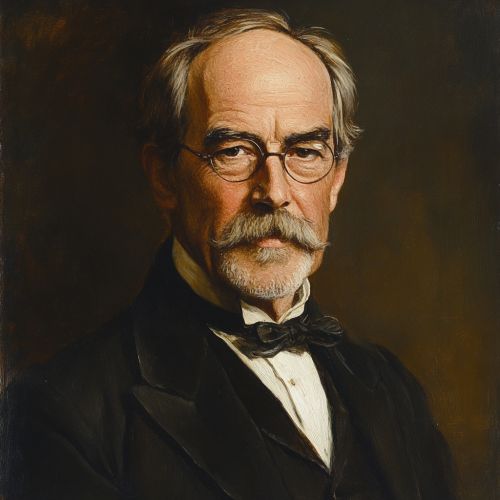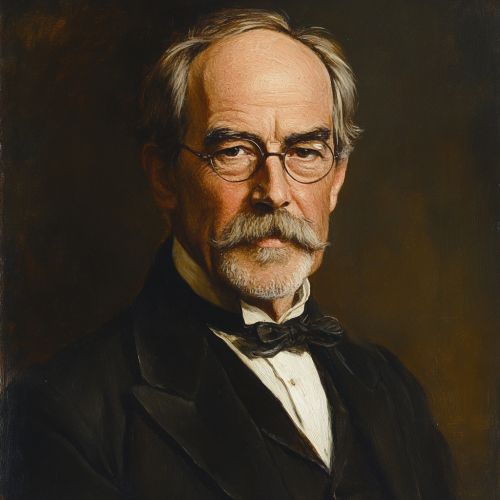Rudyard Kipling
Early Life and Education
Rudyard Kipling was born on December 30, 1865, in Bombay, British India (now Mumbai, India). His father, John Lockwood Kipling, was a professor of architectural sculpture at the Sir Jamsetjee Jeejebhoy School of Art, and his mother, Alice Kipling (née Macdonald), was one of the four notable Macdonald sisters. Kipling's early years in India, surrounded by the vibrant culture and diverse population, significantly influenced his later works.
At the age of six, Kipling and his sister Alice ("Trix") were sent to England to live with a foster family in Southsea, Portsmouth. This period was marked by hardship and emotional distress, which Kipling later described in his short story "Baa Baa, Black Sheep." He attended the United Services College at Westward Ho!, a boarding school in Devon, where he began to develop his literary talents.
Literary Career
Early Works
Kipling returned to India in 1882 to work as a journalist for the Civil and Military Gazette in Lahore (now in Pakistan). His experiences in India provided rich material for his writing. His first collection of verse, "Departmental Ditties," was published in 1886. This was followed by "Plain Tales from the Hills" (1888), a collection of short stories that gained him considerable recognition.
Major Works
Kipling's most famous works include "The Jungle Book" (1894), a collection of stories set in the Indian jungle featuring the boy Mowgli, and "Kim" (1901), a novel that explores themes of British imperialism and the Great Game between Britain and Russia in Central Asia. His poem "If—" (1910) is one of the most quoted poems in the English language.


Nobel Prize and Later Works
In 1907, Kipling was awarded the Nobel Prize in Literature, becoming the first English-language writer to receive the honor and the youngest recipient to date. His later works include "Puck of Pook's Hill" (1906) and "Rewards and Fairies" (1910), which contain some of his most famous poems, including "If—" and "The Way Through the Woods."
Themes and Style
Kipling's works often explore themes of duty, empire, and the complexities of colonialism. His writing style is characterized by its vivid descriptions, rhythmic prose, and use of dialect. Kipling's portrayal of British imperialism has been both praised for its authenticity and criticized for its perceived endorsement of colonial attitudes.
Personal Life
Kipling married Caroline Balestier in 1892, and the couple settled in Vermont, USA, where Kipling wrote "The Jungle Book" and "Captains Courageous" (1897). They had three children: Josephine, Elsie, and John. The family later moved back to England, where they lived in Rottingdean, Sussex, and later at Bateman's, a 17th-century house in Burwash, East Sussex.
Legacy
Kipling's influence on English literature and culture is profound. His works have been adapted into numerous films, plays, and other media. Despite controversies surrounding his views on imperialism, Kipling remains a significant figure in literary history. His contributions to children's literature, in particular, have left a lasting legacy.
